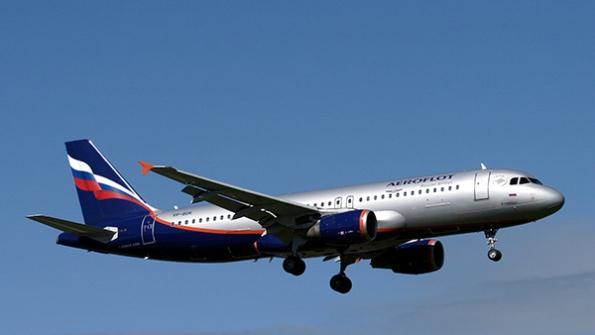Boeing Promotes Washington State Tax Change In WTO Settlement Effort

Potential lawmaking in Washington state that dials back tax savings that Boeing has enjoyed for nearly two decades could be a key catalyst for Airbus, Boeing, Europe and the U.S. to finally reach a cease-fire in their long-running airliner subsidy disputes.
This week, state legislators in Olympia, the capital of the Pacific Northwest state home to most of Boeing’s manufacturing, introduced legislation that would undo business and occupation (B&O) tax benefits that the OEM and other aerospace companies have enjoyed since 2003. The critical requirement would be that “the United States and the European Union reach an agreement resolving their World Trade Organization (WTO) disputes regarding large civil airplanes.”
Washington’s B&O benefits were cited as part of the World Trade Organization’s finding of illegal government subsidies in recent years, and a final ruling on allowable penalty tariffs by Europe on imports from the U.S. is expected in May and June. With Boeing’s backing, the legislation has a better chance of becoming law.
“Boeing applauds the actions today by Washington state leaders to introduce this legislation,” the company said. “We fully support and have advocated for this action.”
Boeing claimed the legislation, if enacted, would “resolve the sole finding against the United States,” although the WTO would decide that and Airbus can dispute it. Indeed, in a separate parallel case that ended last year, Airbus claimed similar actions to unwind illegal subsidies and Boeing successfully fought part of the argument.
Still, as Boeing noted, the new legislation affirms a relatively new desire by Boeing and the Trump administration to try to negotiate a settlement to the nearly 16-year airliner subsidy dispute, especially as conditions have changed dramatically versus when the litigation was originated at the WTO during the George W. Bush administration. Boeing used to favor seeing the whole process be fully carried out and had deflected long-running Airbus entreaties to talk about an agreement.
“Now is the time for Airbus and the European Union to finally come into compliance by ending illegal launch aid subsidies once and for all and addressing the harm they have caused the United States aerospace industry and its workers,” Boeing said Feb. 19.
Still, just days earlier the U.S. Trade Representative’s office said the administration is raising the degree of already approved WTO penalty tariff amounts collected from European airliners imported into the U.S. by 5% to 15%.
The rate raise to 15% is not expected to have an immediate effect for the same reasons the initial implementation of the 10% was seen mostly as a political warning shot. Indeed, specialty food and wine sectors have complained relatively louder about the immediate effects on their businesses since the U.S. tariffs were applied.
But analysts at Bloomberg have noted that even with tariffs on U.S. airplane imports to Europe, possible as soon as this summer, Boeing would still be less affected than Airbus by the whole dispute, as the latter’s sales into the U.S. could be more important, comparatively.
“Without a deal to lift U.S. tariffs in 2020, Airbus will need to absorb costs on 49 aircraft or reduce deliveries, as we see it,” Bloomberg analysts George Ferguson and Francois Duflot said Feb. 18. Airbus will soon be able to build six A320s a month in Mobile, Alabama, avoiding the 10% U.S. levy on 72 deliveries this year, but that is all. Airbus is trying to back-weigh its backlog in the hopes U.S. tariffs are eventually lifted. But if not, Airbus would see up to about $300 million less in pretax earnings this year, the analysts projected.
“In a U.S.-Europe trade battle over airplanes, Airbus has more to lose, in our view,” the Bloomberg duo said. “All the fast-growing U.S. airlines purchase Airbus jets, including Frontier, Spirit, JetBlue, Allegiant and Delta.”
According to Bloomberg, American has a split buy of Airbus A320s and Boeing 737s. In Europe, Boeing’s biggest risk is Ryanair, with an all-737 fleet. Other large Boeing fleets such as Norwegian are outside the EU, and a number of lessors have orders, though they can likely take deliveries at subsidiaries in other jurisdictions. “It’s also unclear whether the U.K. would place tariffs on U.S. aircraft as it leaves the European Union,” they said. International Airlines Group has a letter of intent for a large order of Boeing 737s from last year’s Paris Air Show, but it has yet to be confirmed. Those deliveries might not be affected if the U.K. does not follow suit on tariffs.






